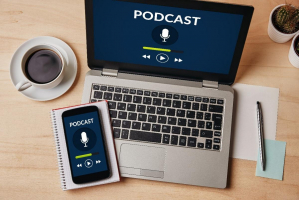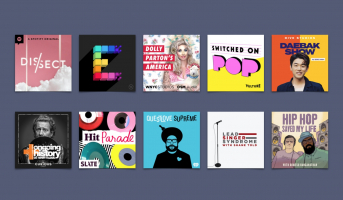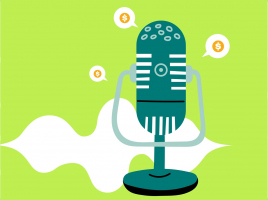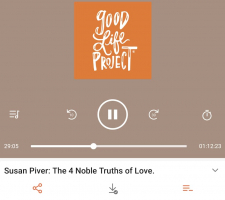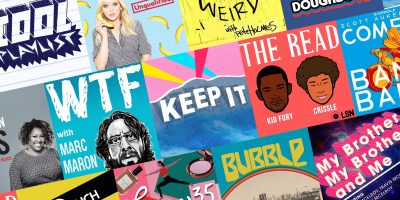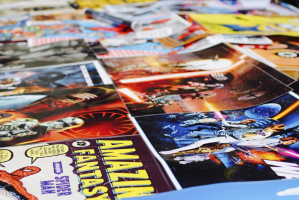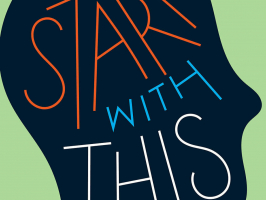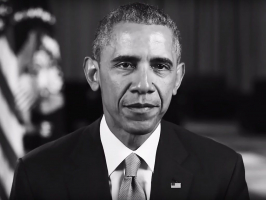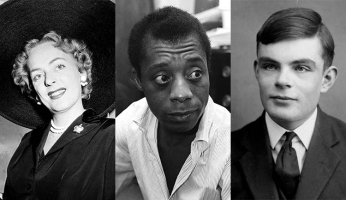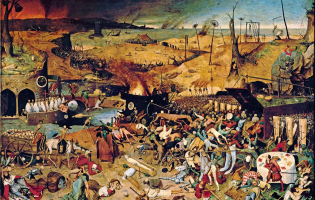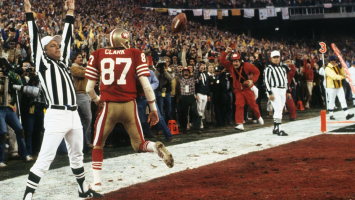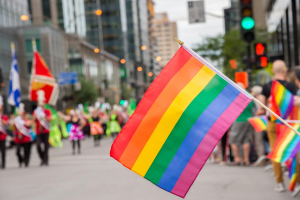Top 5 Best History Podcasts
Whether you’re a history buff or are just interested in hearing about the people and events that have shaped the world people live in today, then podcasts with ... read more...diverse historical topics will meet your needs. Here are the best history podcasts for you.
-
If you have some free time this week or are searching for a new podcast to listen to on your commute to class, The Rest is History is a great option. Presenters Dominic Sandbrook and Tom Holland use their separate specialties (Holland in ancient history and Sandbrook in postwar social history) to 'interrogate' different elements of the past in this podcast, which includes episodes on themes as divergent as the 1990s and Persia. The episodes are diverse, with some being more humorous and others being more serious and intellectual.
With reviews of the James Bond film No Time to Die and two episodes on Afghanistan aired during the crisis earlier this year, episodes don't shy away from popular culture or current events, exhibiting a grasp of history's importance for the present and future. This relevance gives the podcast a down-to-earth feel, and it's certainly a nice medium in comparison to others, in that it's neither too scholarly nor too simple to make the listener feel patronized.
Link to listen:
- Apple Podcasts: https://cutt.ly/LGXDLaG
- Spotify: https://cutt.ly/sGTn5vn
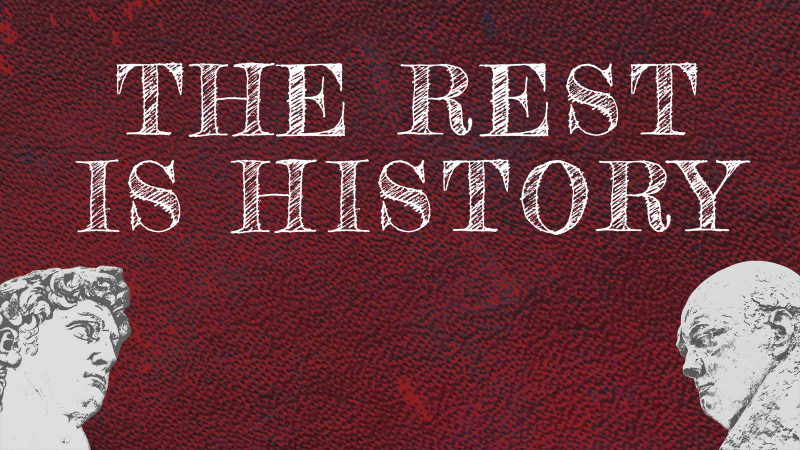
Via: Kings Place 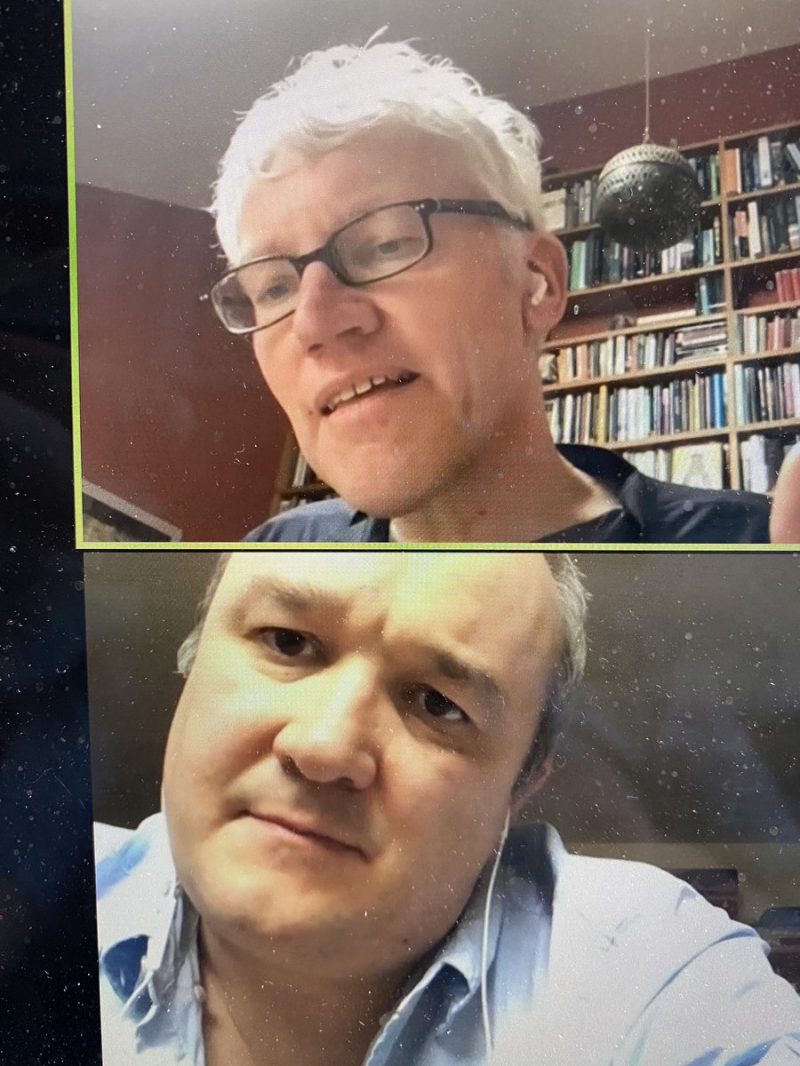
@holland_tom and @dcsandbrook on Twitter -
Greg Jenner has embarked on a journey to make history humorous since the widespread success of everyone's childhood favorite show, Horrible Histories. Jenner's podcast, You're Dead to Me, combines the factual with the humorous. Expert historians and award-winning comedians join him in this episode to discuss anything from the origins of ice cream to the riches of Mansa Musa.
Jenner and his wise-cracking guests explore a wide range of issues from the start of the podcast, most of which would be unfamiliar to Jenner's target audience: a British public with only secondary school level history as a foundation. 'So, what do you know?' is a piece at the start of each episode that connects the issue at hand to pop culture that the audience can relate to, allowing them to immediately orient themselves to the concepts. This is just one example of how You're Dead to Me aims to make history more engaging and accessible to listeners by removing the barrier of intimidation that many people experience when trying to learn about it.
Jenner also puts his comedian to the test by concluding each episode with a fun quiz that reflects on the topic's primary facts and ideas. Listeners are able to experience history via the eyes of comedians such as Desiree Birch, Ed Gamble, and Rosie Jones, which encourages people to engage in history and propagate the ideas they learn. Jenner has revived public history and reinforced it as an equally significant element of historical learning through You're Dead to Me and his other works. Jenner believes that history does not need to be hidden away by academics who use too sophisticated language. It should be approachable and enjoyable, which You're Dead to Me accomplishes.
Link to listen:
- Apple Podcasts: https://cutt.ly/YGXD1qF
- Spotify: https://cutt.ly/oGXD9r8
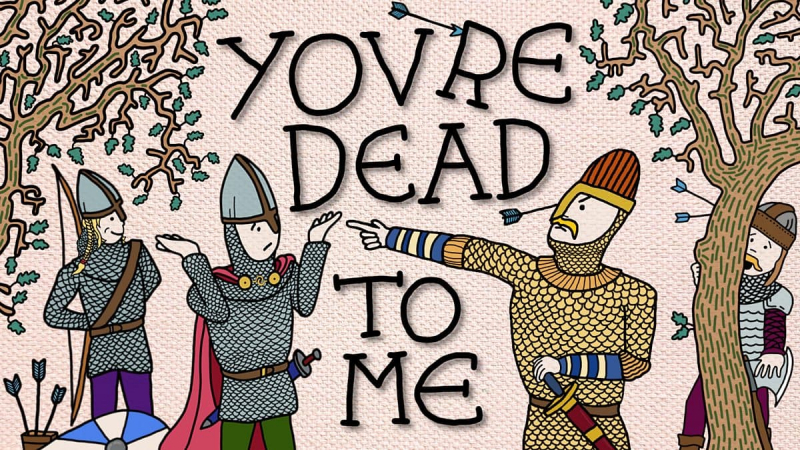
Via: Retrospect Journal 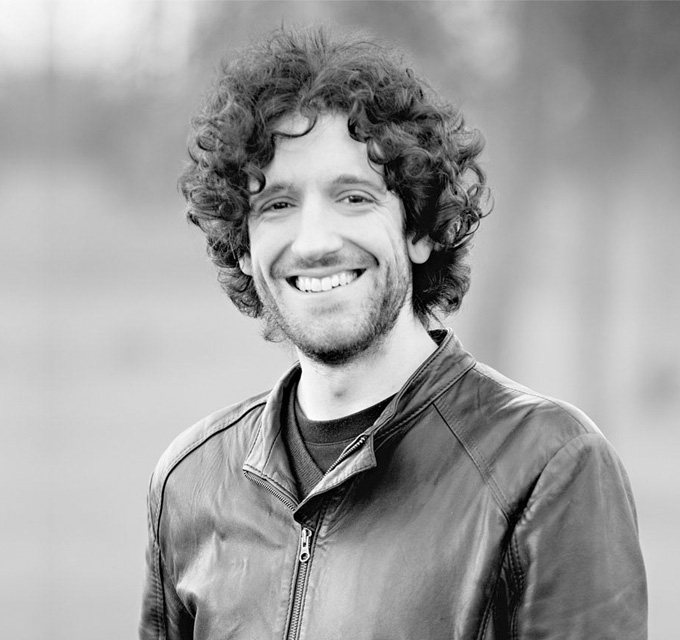
Greg Jenner (Via: Elle) -
If the gap between Malcolm Gladwell’s recently released “Talking to Strangers” (2019) and his previous book “David and Goliath” (2013) felt a lot shorter than six years, it’s because the best-selling author and idea-smith were providing fans with a steady drip of prime Gladwell with his podcast Revisionist History.
Each episode of Revisionist History features an eclectic mix of anecdotes from a variety of fields, including psychology, religion, athletics, and pop music. Gladwell weaves together these seemingly disparate tales around a basic unifying theme, examining the flaws in commonly held interpretations of events and ideas. Although some of the greatest episodes remake well-known historical events (you'll never think of the Boston Tea Party the same way again after hearing Season 4's "Tempest in a Teacup"), others shed new light on current topics such as police brutality in the United States.
Gladwell selects a diverse and remarkable cast of guest experts, ranging from psychology professors and philosophers to police trainers and hedge fund managers, to give authority and variety to each episode. Revisionist History's inventive sound production improves with each season as the flagship title in Gladwell's Pushkin Industries banner, with its quality on full show in the audiobook edition of his newest full-length title "Talking to Strangers". At the end of the most recent season, podcast listeners were treated to a full chapter preview.
Link to listen:
- Apple Podcasts: https://cutt.ly/xGXFnlO
- Spotify: https://cutt.ly/wGXFkSa
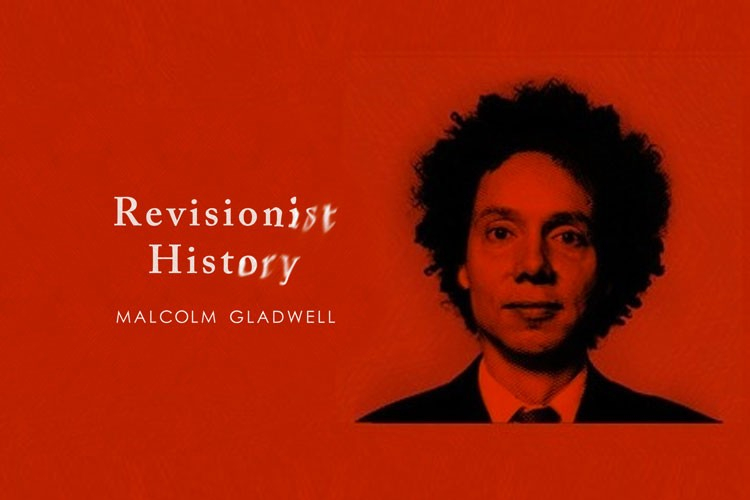
Via: Hockaday Fourcast 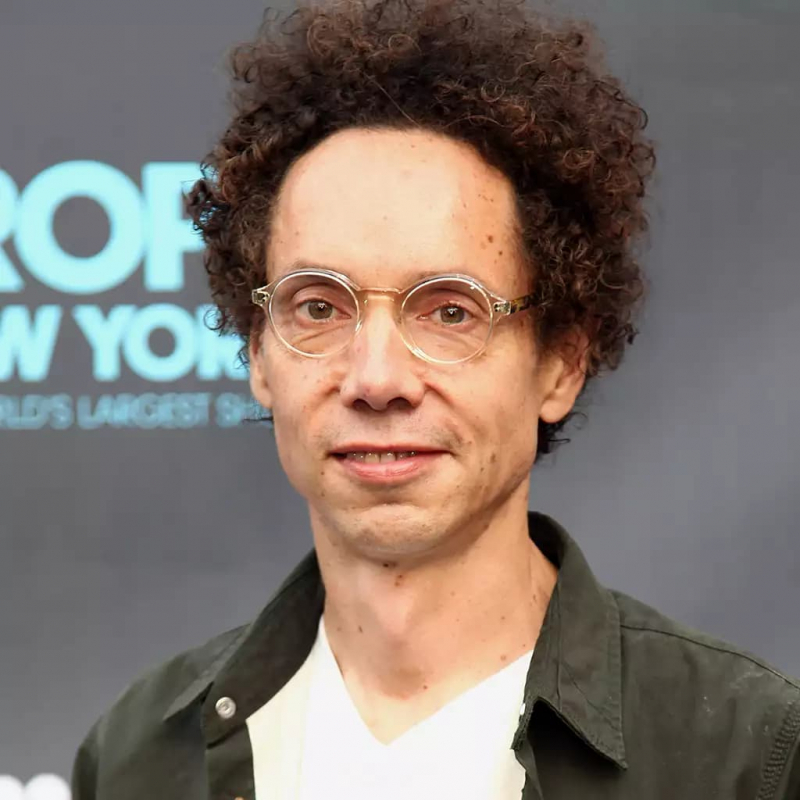
Malcolm Gladwell (Via: The New York Times) -
The Dollop is a history podcast hosted by Dave Anthony and Gareth Reynolds in which Anthony tells Reynolds about a particularly "wacky" historical story. By trade, both hosts are stand-up comedians and TV writers: Reynolds has written for TBS' "Sullivan and Son" and Anthony has written for "Arrested Development".
The major content, which is the actual history, is well-written and well-researched. The narration is pretty tangent-free, and both hosts have an equal opportunity to shine. Because they aren't competing for time or space, their dynamic works nicely. Reynolds gets to laugh and respond to the audience, while Anthony is the history geek. The concept is excellent. In many podcasts hosted by a couple, both persons explain what happened, thus they have to seem to be surprised at narrative moments they previously knew were coming. Reynolds' reactions to "The Dollop", on the other hand, are genuine and unforced, which adds to the comedy's appeal.
Link to listen: allthingscomedy.com/podcast/the-dollop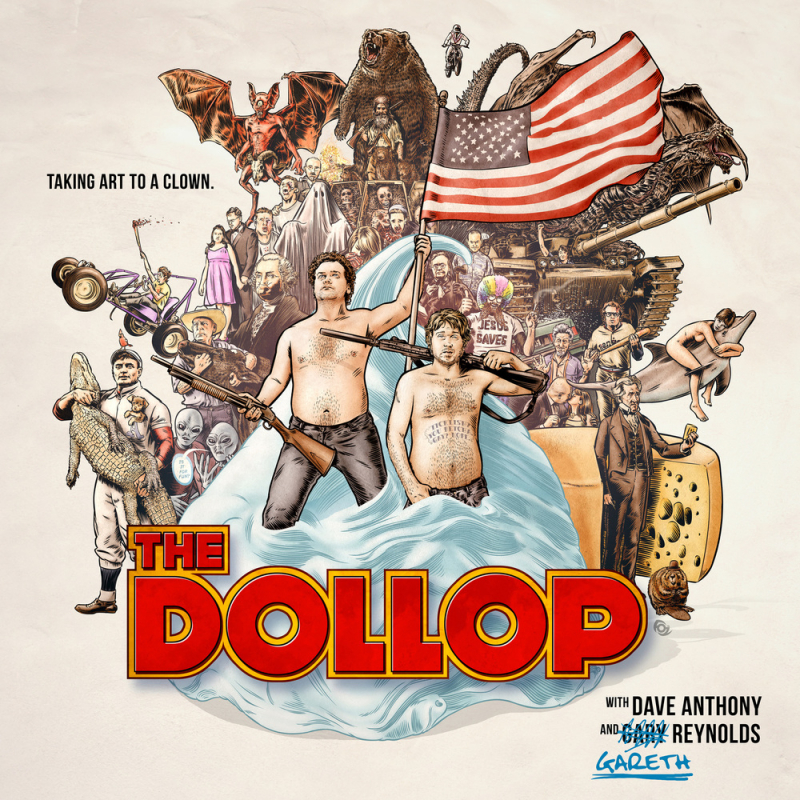
Via: Gareth Reynolds 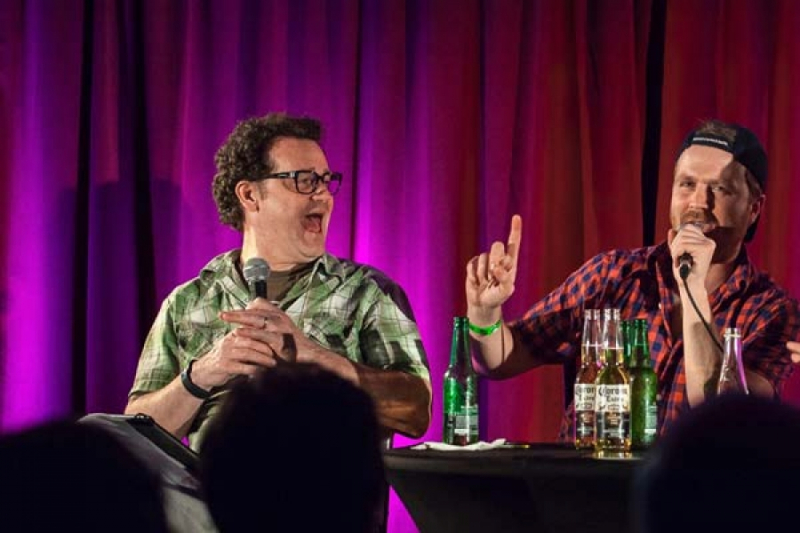
The Dollop live at Brisbane Powerhouse The Dollop live at Brisbane Powerhouse (Via: scenestr) -
Slow Burn, hosted by Slate columnist Leon Neyfakh, focuses on a different presidential crisis each season, from the Watergate incident and impeachment proceedings against President Richard Nixon to the Monica Lewinsky scandal and Clinton's impeachment.
This is familiar territory, but Neyfakh and his team have amassed a treasure trove of historical materials—recordings, news clippings, and some original interviews—that help to breathe new life into it. Plus, if all you remember about Watergate is the bullet points from high school history, it's worth the reminder. As noted on the program page by Neyfakh: "People who lived through Watergate had no idea what was going to happen from one day to the next, or how it was all going to end. I recognize that feeling". These days, he's not the only one.
Link to listen:- Apple Podcasts: https://cutt.ly/EGXFHIQ
- Spotify: https://cutt.ly/TGXFZ2u
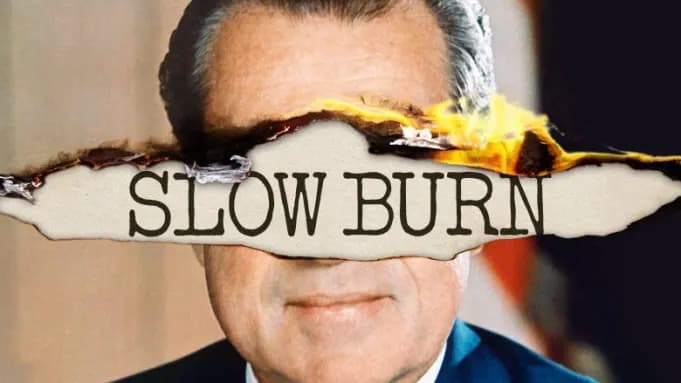
Via: Deadline 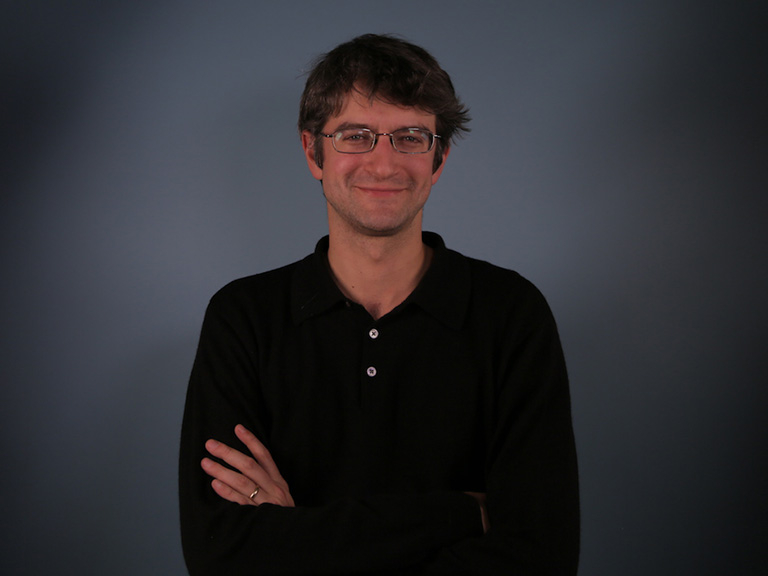
Leon Neyfakh (Via: Manhattan College) - Apple Podcasts: https://cutt.ly/EGXFHIQ







